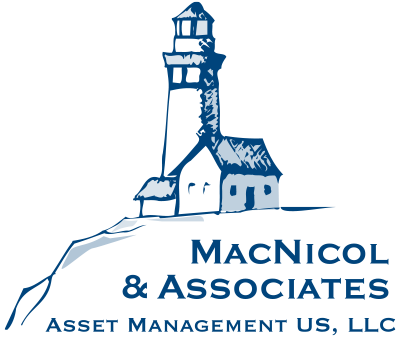Click here for the PDF: The Weekly Beacon July 21 2023
We will be giving some macro economic market updates on a weekly basis. No equity recommendations will be given in this commentary, and we encourage you to contact us if you have questions regarding any observations.
Feel free to send in your pictures of lighthouses to be featured in our weekly commentary.
This weeks issue: ESG funds, Tesla, Elon Musk, Electric vehicle ESG scores, S&P Global Intelligence, Phillip Morris, Recession, Calgary Stampede attendance, Consumer spending, Airlines, Cruise stocks, Hotel stocks, Air Canada rebound, Airline volume, NASDAQ 100 vs. global liquidity, Central Banks balance sheets, FED, Interest rates, CPI, Unicorn funding, Venture capital, Private equity, Jim Cramer and his calls.
ESG Pushback
ESG is a modern-day acronym that many investors are familiar with. The acronym stands for Environmental, Social and Governance. ESG investing not only focuses on returns but also on holding companies that have good environmental, social, and governance scores. These scores are typically graded out of 100 – the higher the better. Think about it this way, the more eco-friendly your company is, the higher your environmental score is. There are now ESG-focused funds that hold the stocks of companies that grade well on an ESG basis. You might ask, who grades a company’s ESG score? Numerous institutions operate across the capital markets industry. The major issue is that there is no ultimate consensus between investors as numerous agencies operate in this field and grade companies. Investors or institutions can simply pluck the rating that they want their holdings to have. The scores are completely subjective and sometimes extremely inconsistent. These scores also seem to be far from perfect as many companies that you would assume would have a high ESG score, grade quite poorly, while some companies that you would assume would score very low, have high grades.
These inconsistencies are major reasons why we have trouble using ESG as one of our investing principles. The scores from these rating agencies make no sense and are completely subjective. We think the ESG phenomenon does not make sense and is being pushed by large corporations that can profit from the launch of new ESG-focused funds. When institutions sell retail clients ESG funds, they are ecstatic, little do they know that the scores are subjective and that they are extremely flawed.
Some of the agencies that grade companies on ESG include Refinitiv, S&P Global Intelligence, Bloomberg, Dow Jones, and many others.
We did not bring this up this week because we woke up on July 16th and realized these inconsistencies, we have critiqued ESG for quite some time. We bring it up this week because of an article we came across last week. An article that compares the ESG scores of electric vehicle maker, Tesla to Phillip-Morris, a tobacco producer that is best known for producing cigarettes.
Now through our knowledge of ESG and what it should score, we would presume that Tesla scores higher. After all, Tesla is the world’s largest producer of non-fossil fuel automobiles, and Phillip-Morris’s products cause lung cancer.





